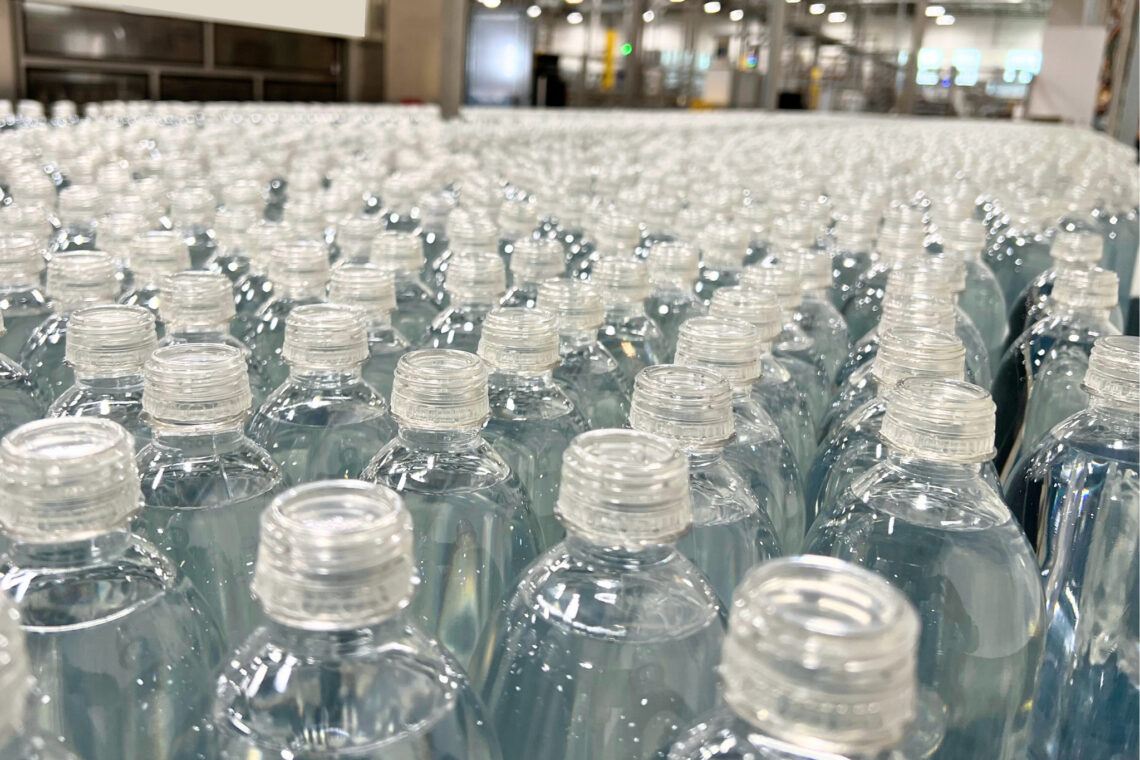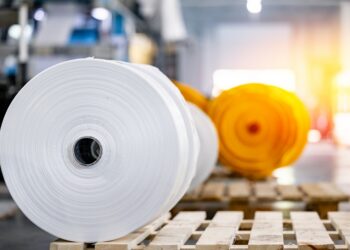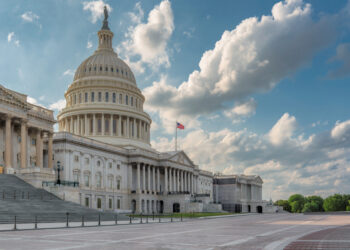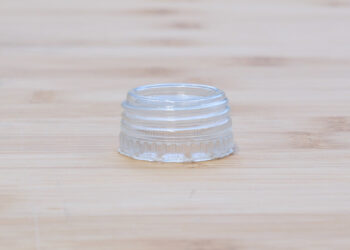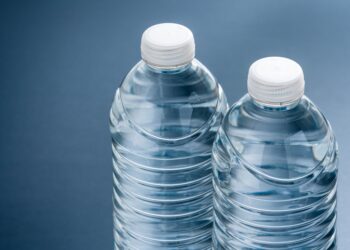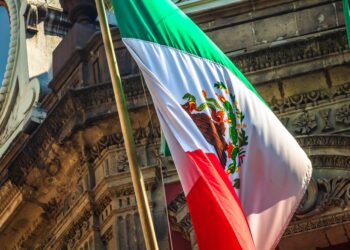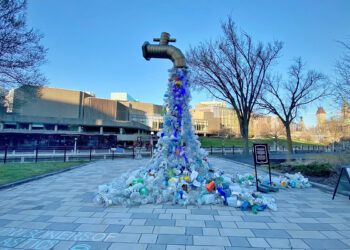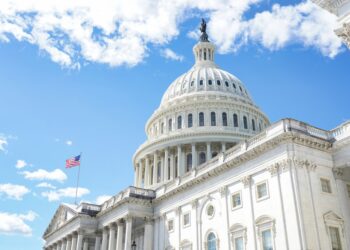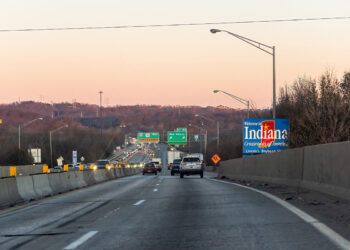Plastics Recycling Update
Focus on recycling film, flexibles takes shape in two reports
The US Plastics Pact and the Alliance to End Plastic Waste released reports outlining necessary steps to improving recycling outcomes...
Bipartisan reps introduce bill on recycling claims
Legislators introduced the Recycled Materials Attribution Act in the US House, drawing support from a new industry group and scrutiny...
APR, industry create proactive guidance for PET caps
The Association of Plastic Recyclers recognized that developing guidelines before PET caps were completely developed and commercialized was crucial, and...
HDPE, PP bales rise as paper fiber and cans stabilize
National average prices of post-consumer material bales were flat to higher on the month.
Alpek talks PET overcapacity, soft demand
Executives from the Mexico-headquartered polyester giant said the Chinese government has acknowledged issues and convened PET producers, but Alpek is...
APR expands recycling efforts in Mexico, Latin America
The organization aims to leverage Mexico's leadership in plastics recycling and vital role in North American markets.
Court partially blocks Oregon EPR law, dismisses bulk of lawsuit
An Oregon federal court issued a limited injunction halting the state's EPR law for members of NAW, but rejected the...
Member states select new chair for global plastics treaty
During a short session, the Intergovernmental Negotiating Committee elected Chilean diplomat Julio Cordano to continue efforts toward an internationally binding...
REUSE Act heads to US House for consideration
The bill would require the US EPA to collect data on reuse and refill systems across industries including consumer packaging,...
Kentucky’s Global Polymers expanding, moving to Indiana
The polypropylene recycler will invest $8.5 million to fit an existing facility in Charlestown, across the Ohio River from its...
More Posts
Work With Us
Newsletter
Get the latest recycling news and analysis delivered to your inbox every week. Stay ahead on industry trends, policy updates, and insights from programs, processors, and innovators.













